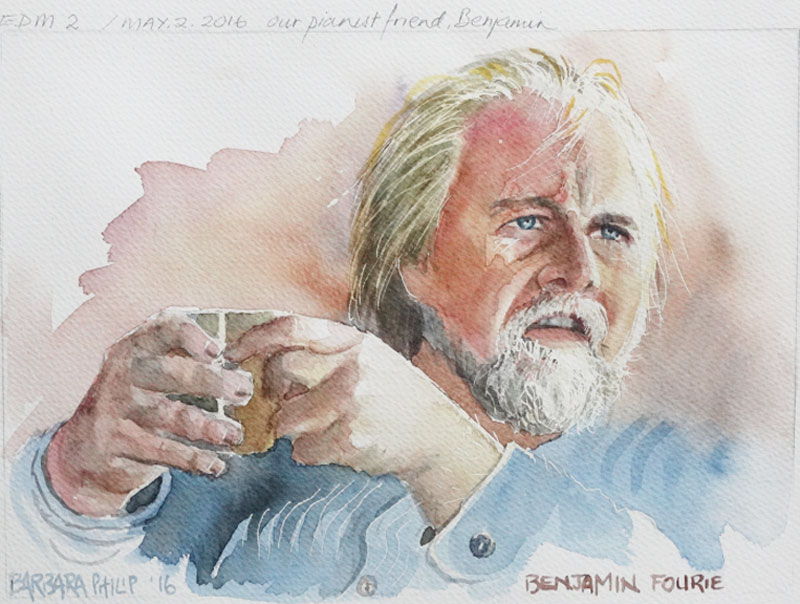
Florence Foster Jenkins- Film Review
The first thing that struck me about this movie was its classical setting with gentlemen in tuxedos, fedora hats and long cigars hanging from their mouths all the time. The Florence Foster Jenkins movie is set in New York City in 1944. It lures audiences into a rather theatrical setting that revolves around an elderly aristocratic woman who thinks she can sing and has enough money to literally buy her dreams of being an opera singer.
The wealthy 76-year-old heiress Florence Foster Jenkins (Meryl Streep) attempts to become an opera singer despite no gift for singing. Florence’s protective roguish common-law husband, the Englishman St. Clair Bayfield (Hugh Grant), a failed Shakespearean actor she met in 1919, arranges for her to get voice lessons with Carlo Edwards (David Haig) and have the geeky young indulgent Cosmé McMoon (Simon Helberg) be her piano accompanist. Though at first embarrassed to be part of Florence’s ensemble and risk his serious musical career to be with the inept singer, he is soon touched by her earnestness and becomes a loyal member of the team.
Remarkably, she gives periodic opera recitals to adoring friends and patrons of the arts, who were no doubt bribed by consort Barfield to rave about her horrendous performance. But the ante is upped when Florence books Carnegie Hall since the audience there will include many people who are not willing to play along with this ruse.
In the societal musical circles of the wartime 1940s it was easy to bribe most music critics. Barfield bribed all when Florence sang in private recitals for her Club Verdi members. It is an opera club she founded and supported where members would be chosen by Barfield if they said only good things about her singing. Only the NY Post’s Earl Wilson (Christian McKay), its entertainment columnist, could not be bribed. He was therefore banned from her private recitals.
The big joke is that even though Florence is laughed at for her nerve to sing in concerts, she gets to make a demo record that breaks all record sales for the company and she sings to a sold-out Carnegie Hall. During that infamous concert, the thousand soldiers to whom she gave free tickets, at first jeer at her but then begin rooting for her when given a stern lecture on manners by the sexy, vulgar, ex-showgirl wife of a tycoon (Nina Arianda).
What makes this film endearing is the attention to small detail and the consistency of the setting and the language of that period. For the modern viewer, this English sounds beguiling, even comical and pretentious, but in the film’s setting, it is authentic.
In one scene Barfield explains his marriage and why he has a mistress to a flustered McMoon and eloquently says “our marriage is a thing of spirit, it transcends this realm”. The characterization of McMoon is also ridiculous but entertaining as he struts around rigidly in most of the movie with an uncomfortable smile. It is adorable.
Meryl Streep is fun to watch with her poor singing and being oblivious to her headache inducing sounds. Hugh Grant is also quite good, making sure Florence lives a sheltered life and never finds out the truth that her voice stinks. It’s a watchable small film with it’s own charms. There are more moments of light comedy than drama.













































